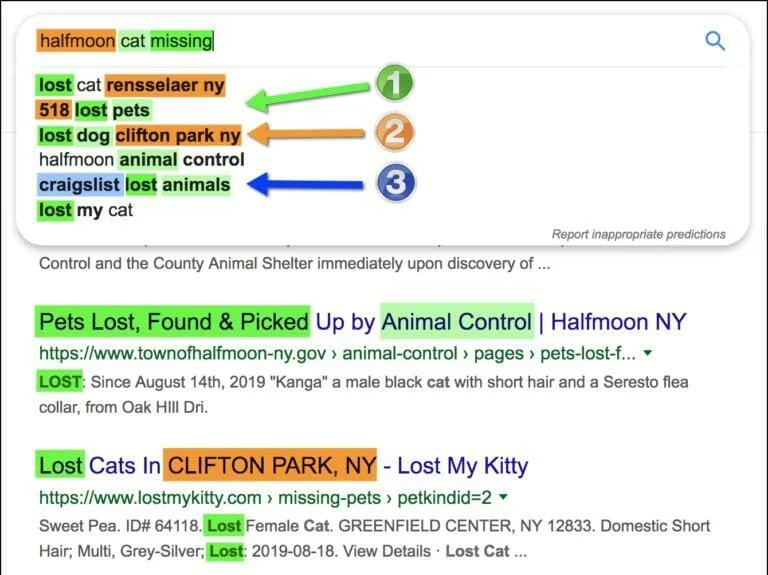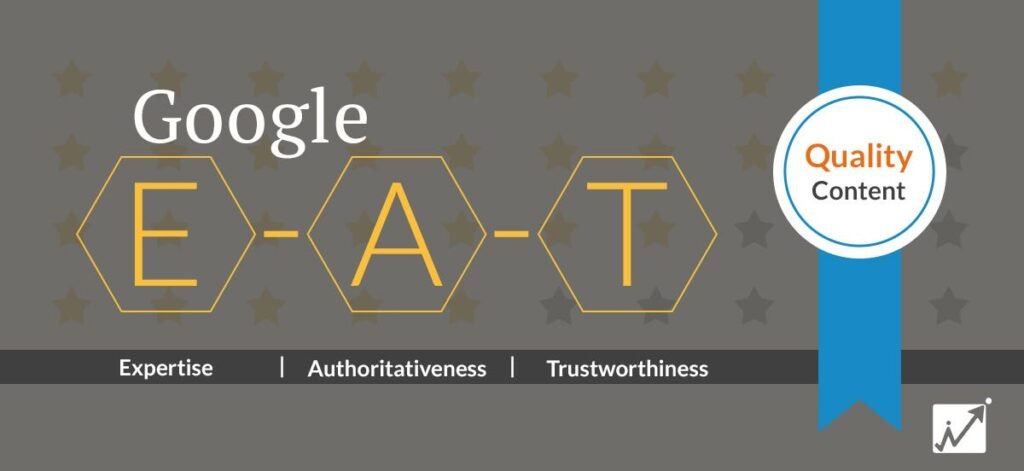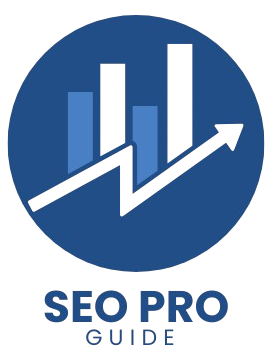Search Engine Optimization (SEO) is the practice of enhancing a website’s visibility on search engines like Google, Bing, and Yahoo. By optimizing various aspects of a website, businesses can improve their search rankings, attracting more organic traffic. As SEO practices evolve, it remains a key component of digital marketing in 2025.
Why SEO is Critical in 2025
SEO is essential because it directly influences how visible a website is in search results. With Google’s constant algorithm updates and new ranking factors, businesses must stay updated on SEO trends to remain competitive. Effective SEO leads to increased organic traffic, better conversion rates, and enhanced brand credibility.
How Does SEO Work? Understanding Google’s Ranking System
SEO involves multiple steps and techniques that ensure a website is optimized for search engines. Here’s an overview of how SEO works:
- Crawling & Indexing:
- Search engines send bots (known as crawlers) to scan websites and gather information about their content. This content is then indexed and stored in a search engine’s database for future reference.
- In 2025, Google’s AI-powered algorithms like BERT and RankBrain focus on understanding the context and intent behind each search query.
- Ranking Factors:
- When a user enters a search query, Google’s algorithm uses over 200 ranking factors to determine the most relevant results. These include keyword usage, backlinks, content quality, and user experience.
- Core Web Vitals (page loading speed, interactivity, and stability) play a significant role in determining how well your site ranks.
- User Intent Optimization:
- SEO now places greater emphasis on understanding user intent rather than just matching keywords. Google aims to answer the user’s query in the most relevant and comprehensive way possible. As a result, optimizing for featured snippets, voice search, and long-tail keywords is crucial.
SEO Basics: Key Components for Effective Optimization in 2025

1. Keyword Research
Effective keyword research is the foundation of any SEO strategy. It involves identifying the terms and phrases that users are searching for in relation to your business.
- Tools to Use: Google Keyword Planner, Ahrefs, SEMrush, and Ubersuggest can help find high-traffic keywords with low competition.
- Focus on Intent: Aim for long-tail keywords (e.g., “best SEO agency for e-commerce 2025”) to capture more specific queries and rank for featured snippets.
2. On-Page SEO Optimization
On-page SEO refers to the elements you can control within your website to improve rankings.
- Title Tags: Include primary keywords near the start.
- Meta Descriptions: Write compelling meta descriptions that summarize the page content. This increases the likelihood of click-throughs.
- Header Tags (H1, H2, H3): Use headers to organize content and include relevant keywords.
- Content Structure: Break content into easily digestible sections with bullet points, numbered lists, and highlighted text to improve readability and rank for snippets.
3. Off-Page SEO & Backlink Building
Off-page SEO refers to activities that occur outside your website, primarily focusing on backlinks.
- Quality over Quantity: Focus on acquiring high-quality backlinks from authoritative sites in your industry.
- Guest Posts & Outreach: Contribute guest articles on reputable sites to improve domain authority and earn relevant backlinks.
4. Technical SEO
Technical SEO ensures that your website is accessible, user-friendly, and optimized for search engines.
- Site Speed: Google prioritizes fast-loading websites. Core Web Vitals are now a ranking factor, so improve your page speed using tools like Google PageSpeed Insights.
- Mobile Optimization: With the rise of mobile search, Google uses mobile-first indexing. Ensure your site is responsive and mobile-friendly.
- Structured Data: Implement Schema.org markup to help Google understand your content better, increasing your chances of ranking for rich snippets.
SEO Trends to Watch in 2025: Stay Ahead of the Curve
1. AI and SEO: The Future of Search Algorithms
In 2025, AI-powered algorithms like Google BERT and RankBrain will continue to play a pivotal role in understanding context and user intent. SEO professionals must focus on semantic search and content relevance rather than just keyword matching.
2. Voice Search Optimization
With the rise of virtual assistants like Google Assistant, Alexa, and Siri, voice search is gaining prominence. Optimizing for voice search involves:
- Conversational Keywords: Focus on longer, more natural phrases that users speak aloud.
- Local SEO: Voice search is often location-based, so optimizing for local SEO is crucial in 2025.
3. Video SEO
Video content is increasingly important for SEO. Optimize your video content to increase its chances of ranking on Google:
- Optimize Titles and Descriptions: Include relevant keywords.
- Use Transcripts: Add transcripts to improve accessibility and enhance keyword relevance.
- Rich Snippets: Ensure your video is eligible to appear as a rich snippet or in Google’s video carousel.
4. E-A-T (Expertise, Authoritativeness, Trustworthiness)

Google’s focus on E-A-T continues to grow. In 2025, the authority of the content creator and the website’s reputation will be essential for ranking high in search results.
Conclusion: Mastering SEO in 2025 for Long-Term Success
SEO in 2025 is not just about keywords; it’s about creating high-quality, user-focused content that aligns with Google’s evolving algorithms. By optimizing for user intent, technical SEO, and E-A-T, businesses can increase their chances of ranking high in Google’s featured snippets, voice search results, and traditional search results. Stay ahead of the competition by continually adapting to SEO best practices and embracing future trends.

